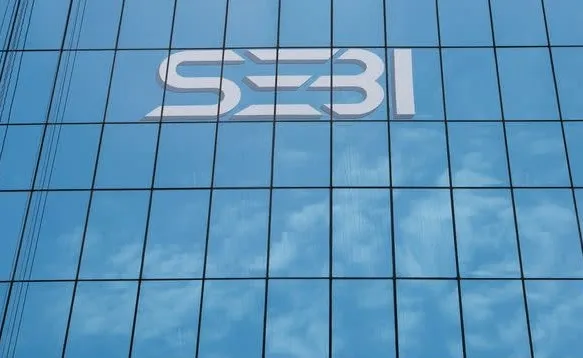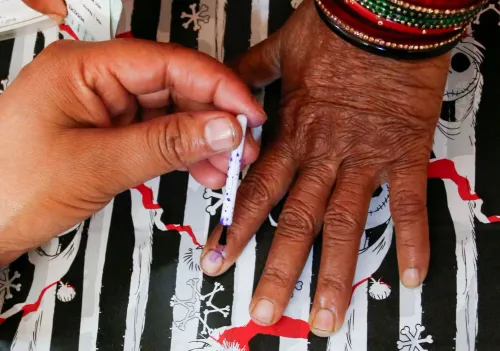Is SEBI's Settlement Plea Surge A Sign of Changing Times?

Synopsis
Key Takeaways
- SEBI received 703 settlement applications in 2024-25.
- Rs 798.87 crore collected as settlement charges.
- 284 applications resolved through settlement orders.
- Majority of appeals related to fraudulent trading practices.
- Difficult-to-recover dues rose to Rs 77,800 crore.
Mumbai, Aug 17 (NationPress) The Securities and Exchange Board of India (SEBI) has reported an unprecedented influx of settlement requests during the fiscal year 2024-25, indicating a notable shift towards resolving disputes without extensive legal battles.
As per SEBI’s most recent annual report, the organization processed 703 settlement applications in this period, a significant increase from 434 in the prior financial year.
Out of these applications, 284 were successfully resolved through settlement orders, while 272 were either rejected, withdrawn, or returned.
In terms of financial outcomes, the SEBI garnered Rs 798.87 crore in settlement fees and an additional Rs 64.84 crore from disgorgement charges from these resolved cases.
The settlement process allows both companies and individuals accused of breaching securities regulations to close their cases by paying a fee and adhering to specific conditions, bypassing lengthy court proceedings.
The infractions spanned a diverse array, including insider trading, fraudulent trading, Alternative Investment Funds (AIFs), mutual funds, and Foreign Portfolio Investors (FPIs).
In addition to settlement cases, the SEBI also addressed a considerable number of appeals throughout the year.
A total of 533 new appeals were lodged with the Securities Appellate Tribunal (SAT) in 2024-25, down from 821 in the previous year.
From these, 422 appeals were resolved, with the majority being dismissed. Approximately 73 percent of appeals were rejected, while 5 percent were allowed, 10 percent were upheld with modifications, 5 percent were remanded, and 7 percent were withdrawn.
A significant portion of these appeals—around 62 percent—pertained to breaches of the Prohibition of Fraudulent and Unfair Trade Practices Regulations, 2003.
Meanwhile, SEBI's difficult-to-recover (DTR) dues escalated to Rs 77,800 crore in 2024-25, compared to Rs 76,293 crore at the close of March 2024.
These dues remain outstanding despite rigorous recovery efforts. SEBI clarified that labeling them as DTR is an administrative measure and does not hinder recovery officers from pursuing them should circumstances change.









